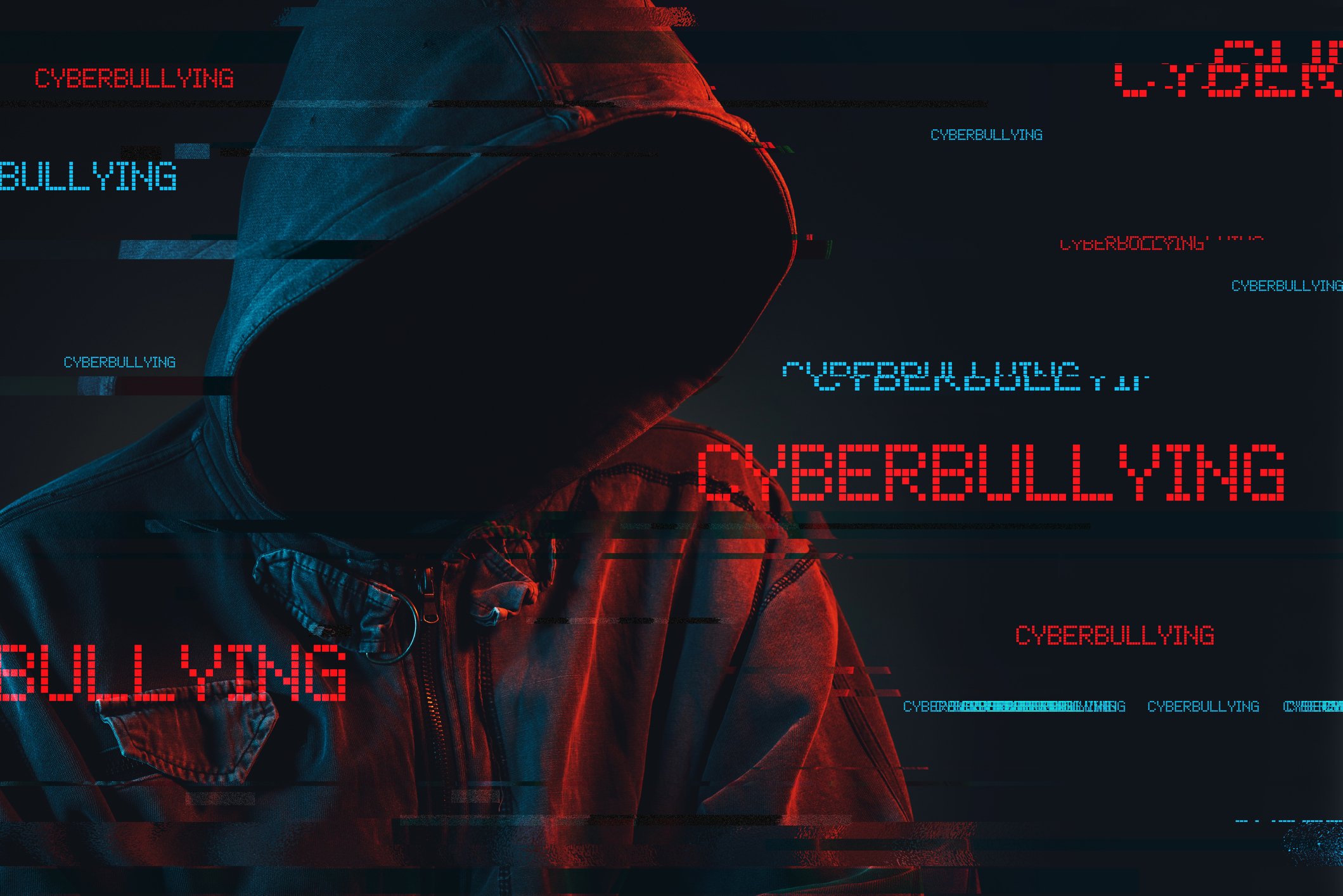Trump sues CBS over “doctored” debate clip: modernity and law
The future for lawsuits involving media clips?
Following his win in the most recent presidential election, President-elect Donald J. Trump has initiated a lawsuit against CBS Broadcasting Inc. and CBS Interactive Inc. in the Northern District of Texas. The lawsuit contends that the channel edited a misleading clip of Kamala Harris into promotional trailers for the debate episode aired on 60 Minutes. The programne is popular in the U.S. for its informational and news-themed content, infamously featuring the Clintons' 1992 interview regarding Bill Clinton’s infidelity. Trump’s lawsuit asserts that the editing of Kamala’s segment constituted “election interference” and was "deceptive” to viewers. Although filed in the US, this case parallels UK law concerning media accountability and the balance between freedom of the press and protection from harm caused by misleading or defamatory broadcasts.
Preparing Legal Challenges in Broadcasting - Evaluating Claims of Media Manipulation
The Case Against CBS: A Breakdown
Trump's legal action stems from the alleged manipulation of an interview with Kamala Harris during the 2024 U.S. presidential election campaign. The complaint asserts that CBS aired two edited versions of the same interview, significantly altering Harris's responses. It is alleged that this interview has two versions: the 5 October version and the 6 October version. Whitaker, the interviewer, asks Kamala about Israeli Prime Minister Benjamin Netanyahu. Whitaker said to Kamala:
“But it seems that Prime Minister Netanyahu is not listening.”
In the 5 October version, aired on CBS's Sunday morning news show “Face the Nation," Kamala replies to Whitaker, saying:
“Well, Bill, the work that we have done has resulted in several movements in that region by Israel that were very much prompted by or a result of many things, including our advocacy for what needs to happen in the region.”
However, in the 6 October version aired on CBS’s 60 Minutes, Kamala appears to give a different answer that showcases another perspective:
“We are not gonna [sic] stop pursuing what is necessary for the United States to be clear about where we stand on the need for this war to end.”
The lawsuit alleges that these edits misrepresented the facts, intentionally misleading viewers to damage Trump's campaign and boost Harris’s electoral chances.
CBS has released a statement denying the claims made in the lawsuit on its official website, stating:
The growing role of AI in media and communications legal disputes
“60 Minutes gave an excerpt of our interview to Face the Nation that used a longer section of her answer than that on 60 Minutes. Same question. Same answer. But a different portion of the response. When we edit any interview, whether a politician, an athlete, or movie star, we strive to be clear, accurate and on point. The portion of her answer on 60 Minutes was more succinct, which allows time for other subjects in a wide ranging 21-minute-long segment.
Remember, Mr. Trump pulled out of his interview with 60 Minutes and the vice president participated.
Our long-standing invitation to former President Trump remains open. If he would like to discuss the issues facing the nation and the Harris interview, we would be happy to have him on 60 Minutes.”
UK Legal Context: Media Accountability
Although this is taking place in the U.S., considering the current capabilities of editing software and artificial intelligence, it is pertinent to explore the comparative impact that similar activity can have in the UK.
In the UK, similar cases would likely invoke defamation law and regulations under the Communications Act 2003, which governs media standards. UK defamation law is well-illustrated by cases such as Jameel v Dow Jones [2005] EWCA Civ 75, a 2005 case involving a Wall Street Journal article that included a libellous document claiming the claimant was a donor to the terror organisation Al-Qaeda. Although hurtful to Jameel, his claim failed due to a lack of substantial harm caused to his reputation. Section 1 of The Defamation Act 2013, which evidently came after Jameel v Dow Jones, underscores the importance of establishing the reputational harm caused by online posts, affirming the case’s precedent.
Although this case occurred 19 years ago, instances of media libel have rapidly increased, both in and out of court. Many choose not to sue due to the costs of litigation.
Notably, this year, Google and Meta face the risk of being sued for their AI language models, which may learn potentially libellous comments from internet users and relay them to others. Given these developments, the legal landscape surrounding libel is likely to expand and explore uncharted territories as technological advancements continue.
How to make a successful claim: Vardy v Rooney [2022] EWHC 2017 (QB)
Vardy v Rooney [2022] EWHC 2017 (QB) underscores that a successful defamation defence hinges on the truth of the allegedly defamatory remarks. Mrs. Justice Steyn delivered this judgment during the notorious “Wagatha Christie” trial in 2022. The case centres on a libel claim filed by Rebekah Vardy against Coleen Rooney following Rooney's social media post accusing Vardy of leaking personal Instagram stories to the press. The court dismissed Vardy’s libel claim, ruling that Rooney successfully demonstrated the “truth defence." The “truth defence" serves as legal justification in defamation cases by establishing that the defamatory statements are substantially true. Given that Rooney's remarks were proven to be truthful, she bore no liability for defamation.
This case was significant for social media and defamation law, highlighting the need for substantial truth to justify accusations made online. Although this case involved the circles of celebrities, it is essential to remember that this same issue can impact virtually anyone.
Reflection on Trump’s lawsuit
The CBS case raises the question of whether editorial decisions can amount to defamation if they materially distort facts to harm a subject's reputation. In the UK, the claim would need to prove that the broadcast caused serious harm to the claimant's reputation under the Defamation Act 2013. With new insights into the future, it will be intriguing to examine how AI could potentially alter case law involving major companies such as Google, Meta, and, most notably, OpenAI, in developing their own AI software.
Understanding the Modern Legal Landscape of Media Lawsuits
Are you facing this type of issue online?
As online defamatory cases progress in the digital era, PAIL Solicitors, Media, and Entertainment Lawyers continue to lead in safeguarding intellectual property rights. Boasting a rich history spanning over two and a half decades, the company has firmly positioned itself as a leading specialist in Online Content Removal and Intellectual Property Law . This achievement can be attributed to its unwavering commitment to innovation and zealous representation of clients, a particularly crucial aspect given the increasing number of defamation-related media and communication lawsuits.
PAIL Solicitors offers clients fixed pricing and Rapid Response Services; for more information or to schedule a consultation, visit https://www.pailsolicitors.co.uk.
Contact Details:
Business: PAIL Solicitors
Contact Name: Peter Adediran
Contact Email: peter@pailsolicitors.co.uk
Website: https://www.pailsolicitors.co.uk
Country: United Kingdom
To obtain a quotation, please contact us at (020) 7305-7491 or at peter@pailsolicitors.co.uk. We would be delighted to assist you. Mr Peter Adediran is the owner and principal solicitor at PAIL® Solicitors. Subscribe to our newsletter to get blog post updates and other information about the firm straight to your inbox.
Useful Links
ParTec AG Patent For Enhancing AI Functionality
Landmark 2024-2025 IP Cases Proactive IP Strategy
Choosing AI Legal Advice in London
Getty Images v Stability AI 2024
Global Online Content Removal Lawyers





